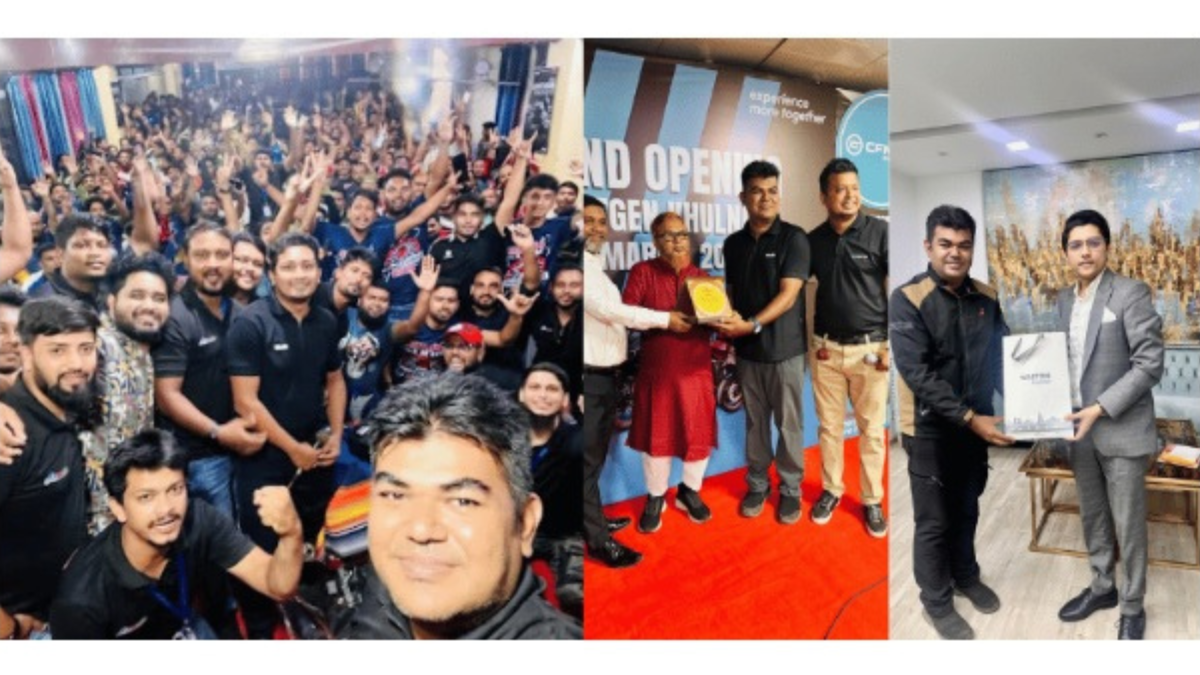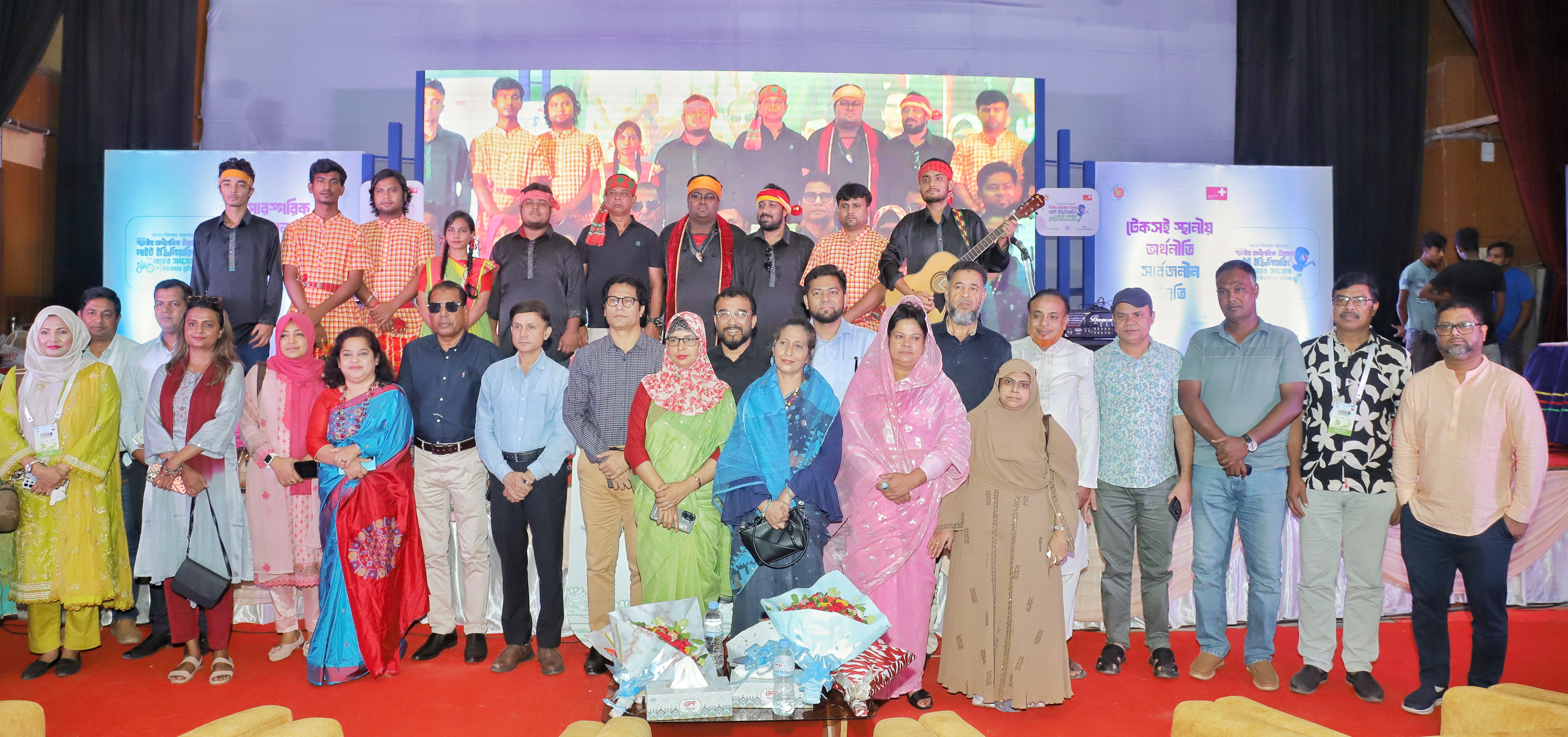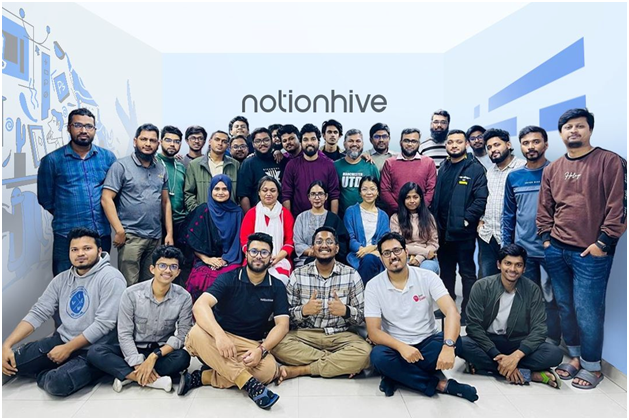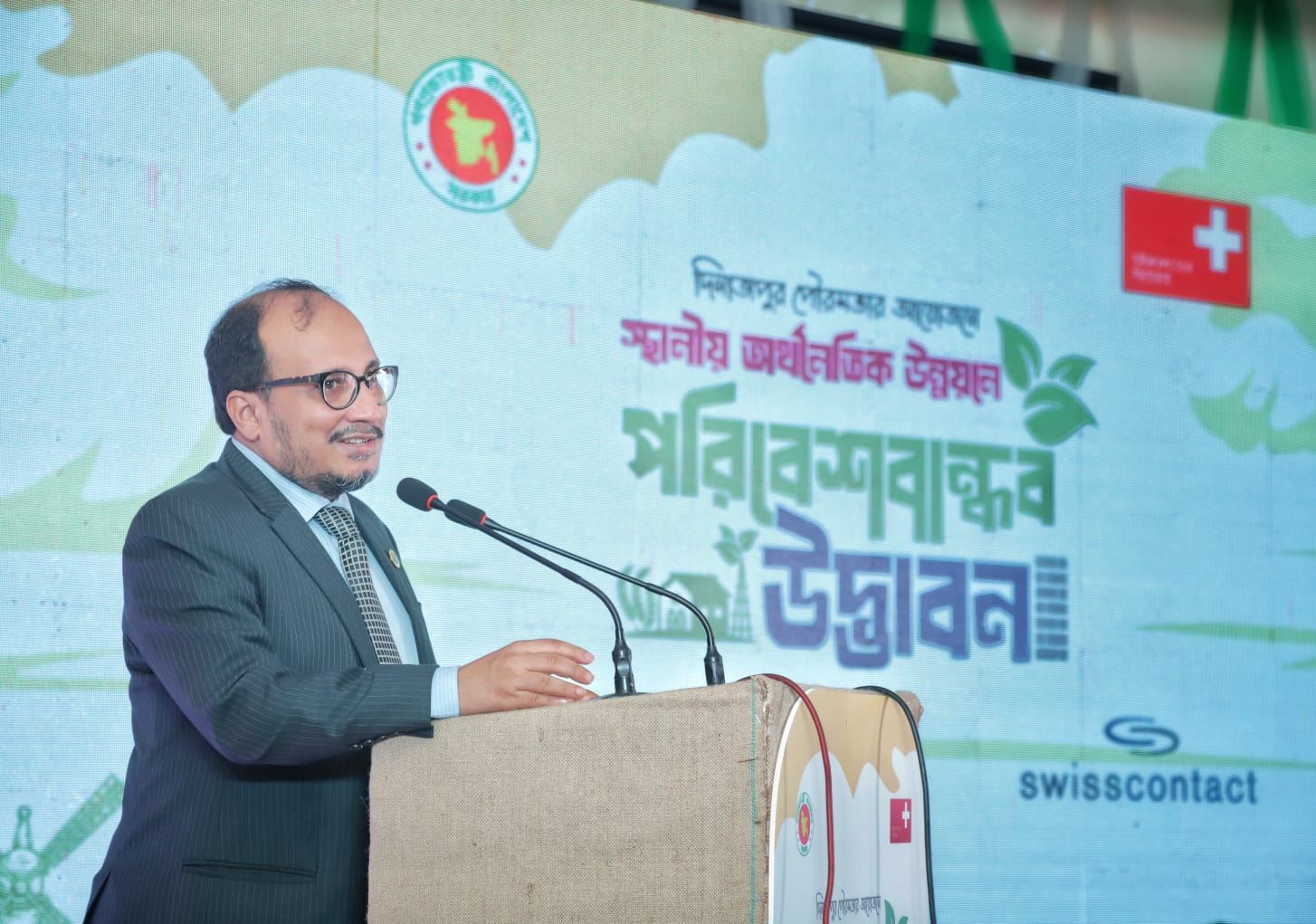
Free to Run programme has enrolled 30 girls from Baharka and Harsham this year alone. COURTESY
The mountains of Iraqi Kurdistan are edged with a tangerine glow as our minibus drives past them. We set off earlier from Erbil, the region’s capital, and are driving to Shaqlawa, a historic city about 50 minutes away, to hike up the nearby Safeen mountain. Inside the minibus, a group of teenage girls are playing their favourite songs.
The teenagers live with their families in one of Erbil’s two main camps for internally displaced people (IDPs), Baharka and Harsham, having fled Mosul, Iraq’s second-largest city, and surrounding towns such as Tal Afar and Sinjar, when the area was captured by ISIS in 2014. The hike has been organised by Free to Run, an NGO that supports and empowers women and girls in regions of conflict through sport, offering them life-skills training, and creating safe spaces for them to develop confidence and friends, and to reclaim public space in a country where women’s rights are lacking.
War magnifies existing inequalities and makes women and girls, in particular, vulnerable to abuse and exploitation. The girls at Free to Run have lived through two: the Iraq War (2003-2011), and the war with ISIS (2014-2017). They’ve not only suffered the trauma of having to flee their homes. Many have lost loved ones and missed out on education. Now they are stuck in a cycle of poverty.
Free to Run was established in 2014 and the executive director is Taylor Smith, an American human-rights advocate. The programme has enrolled 30 girls from Baharka and Harsham this year alone. Smith told me that due to their age, backgrounds, and socioeconomic status as IDPs, the girls “struggle more with access to public life, the ability to play sports, and autonomy over their own bodies”. In their home towns, many of the programme’s participants were only allowed to play sport until they reached puberty, “at which point communities and families said it was inappropriate for them to continue”.
Faiza, who is 15, is one of the more confident girls participating in the Free to Run programme, and despite her gentle demeanour, her favourite sport is kickboxing, which the programme teaches. (Some names have been changed, to protect identities.) “Kickboxing isn’t just a form of exercise for me,” she says when we meet at her home. “It is a way to live my dreams.” Before she enrolled in Free to Run two years ago she was shy and withdrawn. “Even when someone said, ‘hi,’ I didn’t like to say ‘hi’ back. But now I feel stronger, like I can protect myself.”
Faiza lives in Baharka Camp, along with 2,700 other children, plus their families. The camp sits on a flat plain; Erbil rises out of the dust in the distance. When I visit, boys climb on the wire fence that surrounds the camp on its perimeter; all around there are tents and concrete blocks. When she’s not at school, Faiza helps her mother to clean their home, plays with Barbie dolls, and has started learning new languages. She has lived in the camp for several years; she left her home town when it was destroyed by Isis. “I feel sorry for my family,” she tells me. “I wish to get more money so I can buy a house for them and live in Erbil city, because I don’t like to stay in the camp. But we are forced to stay here – it is the only way.”
She describes her Iraqi home town as being “like a prison,” and says she wouldn’t want to return even if she could. “People there are stricter and more religious,” she tells me. If she were to leave her home without a hijab, she would be reprimanded. “Even running – they wouldn’t let me do it.” If she ever returns, she says, she “won’t be able to fulfil any of my dreams”.
She goes to get ready for school. When she returns, she is dressed in a white dress and a black hijab, and she is wearing a hint of red lipstick. She asks to have her photo taken for her ID. Last year, her father died of Covid – he was 37 – and before that Faiza’s grandfather was kidnapped and killed by Isis. She is the family’s eldest daughter, and now she is expected to marry quickly.
Child marriage is illegal in Kurdistan – Iraqi law states the minimum age for marriage is 18 – though it is still common and widespread. But some are fighting against this. Shaimaa, now 24, was one of the first girls to enrol with Free to Run, in 2018. She had divorced her husband, whom she married in 2015, aged 17, and who was abusive. Ashamed of Shaimaa’s decision to divorce, her family shunned her. One uncle beat her. But she persevered, eventually finding sanctuary in sports, particularly running, for which she has won numerous medals for.
She began encouraging other displaced women and girls to sign up to Free to Run, spreading the word around Baharka Camp, where she lived, before becoming a coach for the programme and working with Save The Children on local projects. In 2020, she moved out of the camp and into an apartment nearby. “I feel free when I run, far from prisons and war,” she said in an interview with Time Magazine last year. “I feel like there are no limits and nothing to stop me.”
Nine girls from the Free to Run programme, including Faiza and her neighbour, Laila, are taking part in the hike up Safeen Mmountain. Pine trees and apple trees dot the trail, which is steep and difficult in parts – loose stones make it slippery. A passing male hiker stops to say it is “too difficult for girls”, but the girls ignore him and continue upwards. Juan, Free to Run’s programme officer, a friendly Kurdish woman, leads the hike. She says the girls see her as not just their “second mother”, but also as their friend. It makes her proud to see the progress they make, she says. “Before [enrolling in Free to Run] they were depressed – I could see it in their faces. But month by month they started changing.”






0 Comments